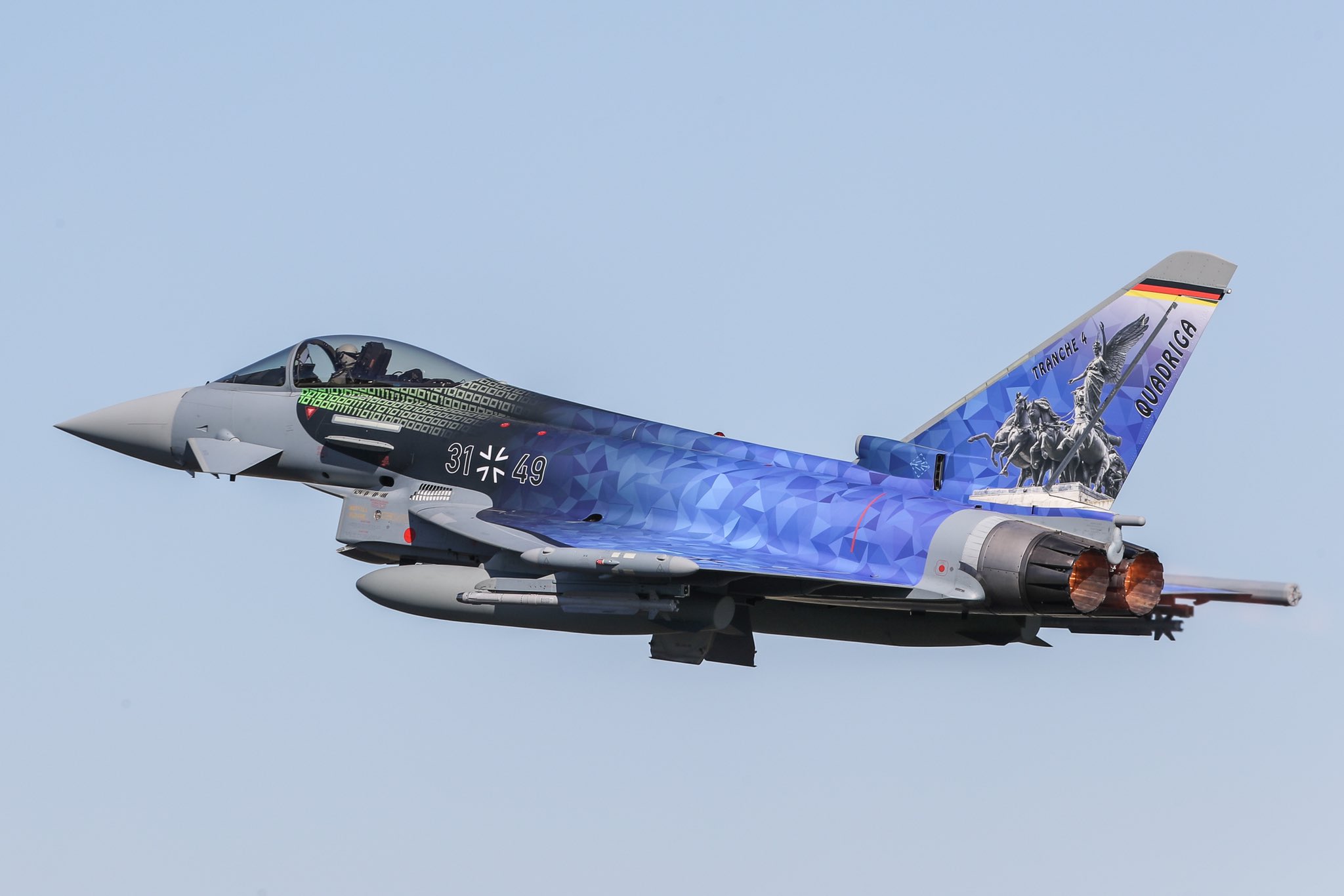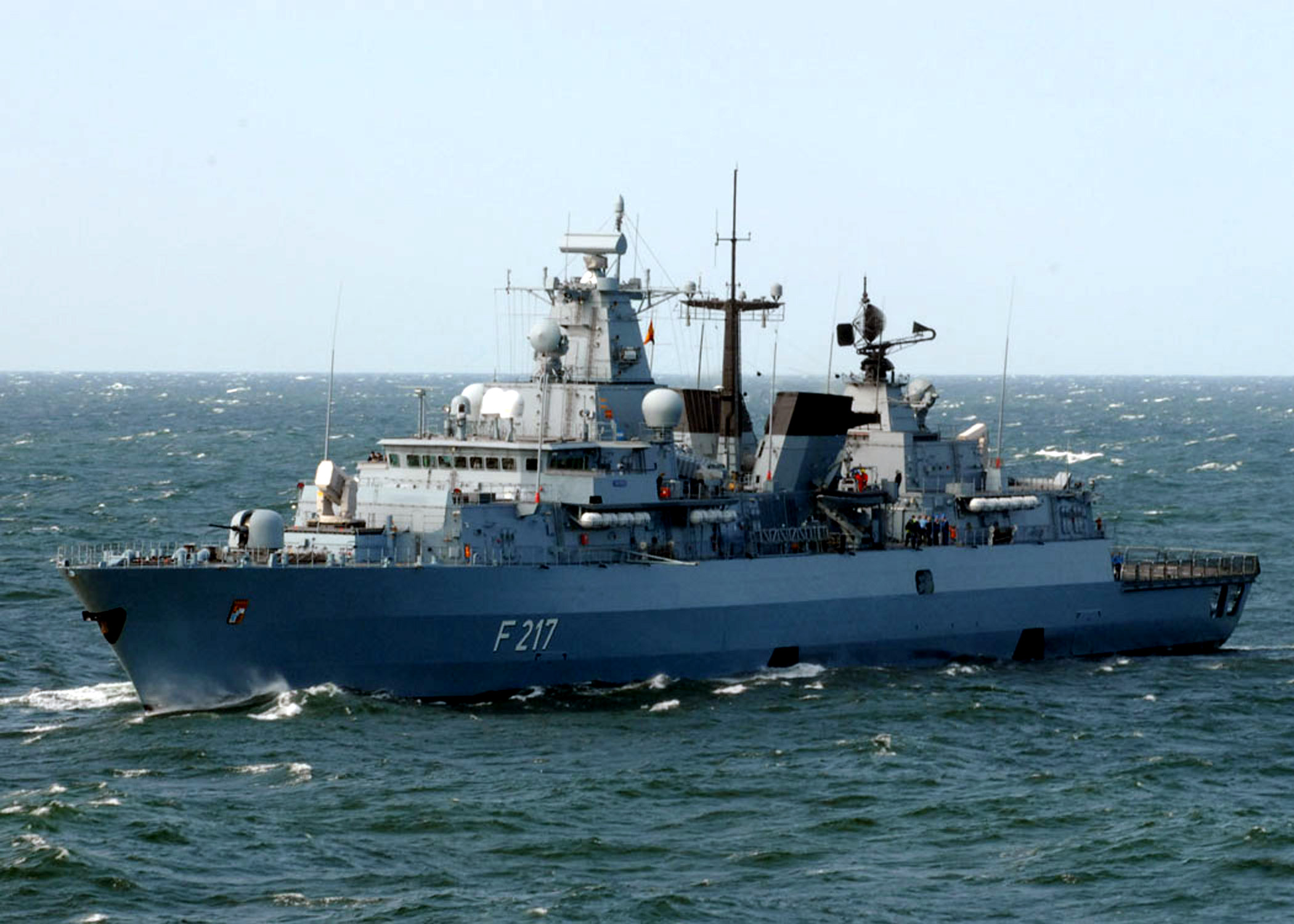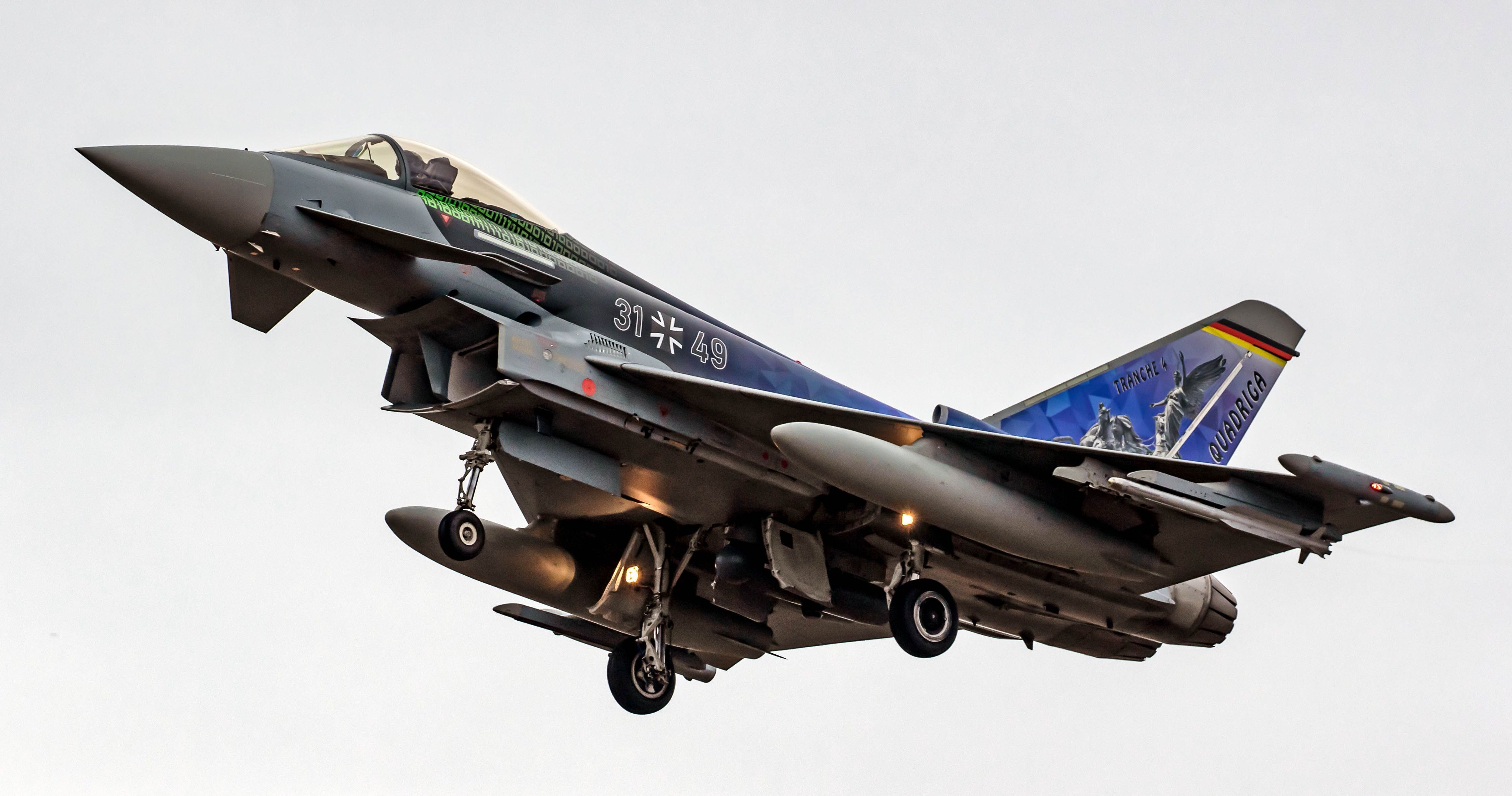After the US, Europe has shifted its focus to the Indo-Pacific, eyeing a bigger role in the emerging security architecture. Germany is the latest entrant from the European Union and will be deploying its Eurofighter Typhoons among a range of aircraft to this region.
After France, which considers itself an “island state” in the Indo-Pacific due to its numerous overseas territories (Mayotte, La Reunion, New Caledonia, and French Polynesia), Germany was the second EU country to adopt an Indo-Pacific strategy.
With over 70 pages of instructions for numerous ministries across seven priority areas, it stresses the importance of multilateralism and calls for NATO to strengthen ties with Japan and South Korea.
The German Air Force (Luftwaffe) is planning to send fighters, tankers, and transport planes to Australia’s Pitch Black exercise, scheduled for September 5-23, 2022. Six Eurofighter jets, three Airbus A330 tankers, and three A400M cargo jets will be deployed by the Luftwaffe, as the German Air Force is known.
Defense News quoted Air Force Chief of Staff Lt. Gen. Ingo Gerhartz, as saying, “Germany is ready to play a bigger role in the Indo-Pacific region, and will start with this initial sortie next fall before developing a more long-term plan”.

German Warship Reaches Japan
A German frigate arrived at the Tokyo port on November 5, for the first time in 20 years. The deployment of frigate Bayern is regarded as a noteworthy gesture in Germany, owing to the country’s typical aversion to deploying military forces.
France and the United Kingdom have lately deployed naval warships to the Indo-Pacific, and the three European powers are attempting to enhance their ties with the regional partners.
The frigate Bayern is currently on a patrol and training mission in the Indo-Pacific region, as part of Germany’s commitment to maintaining the international order.
One of Germany’s main goals is to expand international cooperation frameworks, particularly with the Association of Southeast Asian Nations (ASEAN), with whom Germany wants to work closely in the long term. In December 2020, under Germany’s Presidency of the Council of the European Union, EU-ASEAN relations were promoted to a strategic partnership.

The German Navy has been thinking of sending a ship to the Indo-Pacific region for almost two years. On November 7, 2019, the German Defense Minister indicated in her first policy guidelines that they cannot simply stay on the sidelines and should therefore assist in the safeguarding of international order.
A year later, on November 17, 2020, in her second policy guideline address, the Defense Minister hinted at the possibility of deploying a frigate in 2021, clearly linking its deployment to the objectives of the then announced Indo-Pacific Guidelines.
The Federal Foreign Office and the Federal Ministry of Defense later revealed detailed plans about the frigate Bayern’s impending deployment in early March 2021. Nonetheless, when preparing the plans and route of the German warship, the Ministry of Defense avoids conflict-prone marine locations. As a result, the frigate will avoid sailing across the Taiwan Strait and instead take a longer route to the east.
The German foreign ministry has highlighted the importance of a rules-based order, citing the United Nations Convention on the Law of the Sea as an example. Germany has also acknowledged the Permanent Court of Arbitration’s 2016 finding that China’s nine-dash line had no legal or historical foundation in the South China Sea.
Germany’s Foray Into Indo-Pacific
Germany’s Indo-Pacific principles mark a significant shift in the country’s foreign policy and international relations. Furthering Germany’s links with the region will open up considerable commercial opportunities, dispersing China’s political and market hegemony in Germany.
Germany’s involvement in the region, however, will be less assertive than that of France and the United Kingdom, since China is a large market for German automobiles such as Volkswagen, BMW, and Mercedes-Benz. This crucial trading partnership is unlikely to be jeopardized by Berlin.

Frigate Bayern is not the latest nor the most powerful of Germany’s major naval vessels, and as a result, her function as a deterrent effect is limited. This indicates Germany’s desire to enhance its military presence while maintaining a non-aggressive stance. However, Wang Wenbin, spokesperson for the Chinese Foreign Ministry, issued an implicit warning to Germany not to undermine Chinese sovereignty and security.
After years of discussion, Germany dispatched one of its navy vessels to the Indo-Pacific region, raising the question of whether it will be able to do so again or if this was just a one-time transit. One thing is certain: Germany will steadily expand its military presence in the region.
- Contact the author at ashishmichel@gmail.com
- Follow EurAsian Times on Google News




